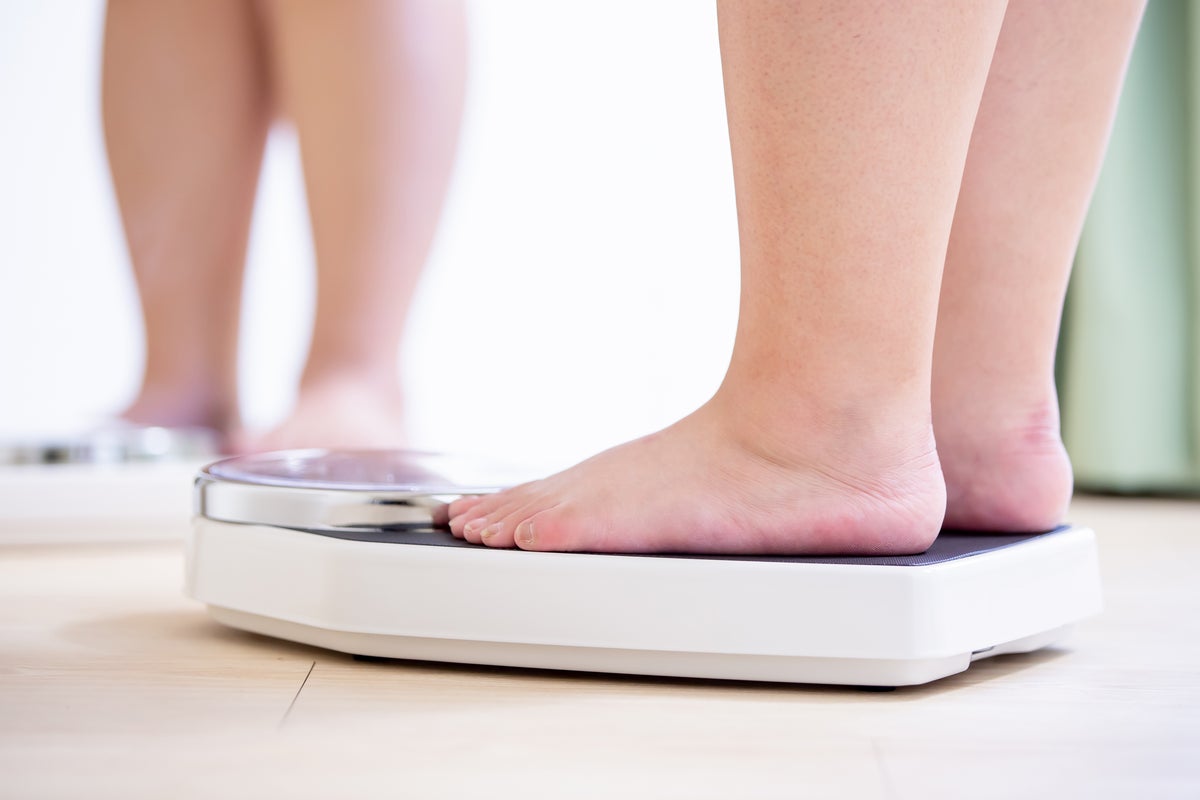A new study conducted on women has found a significant association between poor oral health and chronic pain conditions, including migraine and fibromyalgia. Using genomics, the research from the University of Sydney, Australia, examined the oral microbiome of nearly 160 women in New Zealand and identified specific microbes that were correlated with chronic pain. Lipopolysaccharides (a toxin) from cell walls of certain bacteria in the mouth is known to impact immune responses and have been studied to contribute to pro-inflammatory cytokines in fibromyalgia -- in which one feels widespread pain and fatigue, the authors said.
Findings published in the journal Frontiers in Pain Research suggest a potential relationship between the oral microbiome and the nervous system. The study also highlights the importance of good oral health towards addressing pain and improving overall well-being. "This is the first study to investigate oral health, oral microbiota and pain commonly experienced in women with fibromyalgia, with our study showing a clear and significant association between poor oral health and pain," said lead researcher Joanna Harnett, associate professor at the faculty of medicine and health, University of Sydney.

First author, Sharon Erdrich, a PhD candidate at the university, said, "Our findings are particularly important to fibromyalgia which, despite being a common rheumatological condition, is often underrecognised." Fibromyalgia is also marked by mood, cognitive and sleep disturbances. For the study, the women responded to the World Health Organization's questionnaire on oral health.
Body and abdominal pain, headaches and migraines were measured using surveys, including one created by the International Headache Society. Women having the poorest oral health were more likely to suffer from higher pain scores: 60 per cent were more likely to experience moderate to severe body pain, and 49 per cent were more likely to experience migraine headaches, the researchers said. Poor oral health was a significant predictor of frequent and chronic migraine.
The authors wrote that 58 per cent of those with migraine and 25 per cent without migraine had the poorest oral health, while 21 per cent of those with migraine and 54 per cent without migraine had the best oral health. "We hypothesise that these (oral) metabolites and/or bacteria trigger heightened pain signalling and defects in pain mechanisms, contributing to the pathogenesis of idiopathic nociplastic pain that is associated with these central sensitisation disorders," they wrote..
Health

Could your toothpaste routine prevent chronic pain? New study links poor oral health with migraines, body pain

New research finds what’s really causing your migraines or body pain and it starts in your mouth. Can your toothpaste routine fix it?















